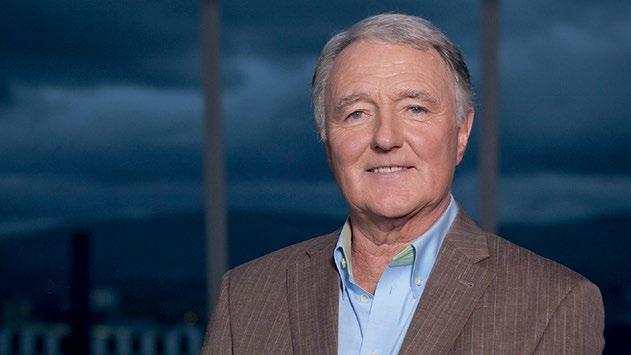Memory
The mechanics of memory Caoilainn Doyle explains why we remember and forget
‘If you want to keep your memories, you first have to live them’ Memory is what situates you in time and place. It gives you a sense of who you are, and where you are going. A particularly vivid memory for me is the day of my first communion. After the ceremony, my mother brought me to the toy shop and allowed me to buy whatever I liked. You can only imagine the bliss of a 7 year old being let loose in a toy shop with what felt like unlimited cash. I bought a skateboarding Barbie doll which brought me endless hours of enjoyment. It is true that living through this experience resulted in a memory of the event being stored. But is living through an experience enough for it to be stored as a memory? Much of our knowledge about memory comes from a famous case study of a man named H.M, who despite living through his experiences could not store them as new memories. In 1953 at the age of 27, H.M underwent a surgical procedure which removed much of his hippocampi (plural of hippocampus) and surrounding cortices in the medial temporal lobe of his brain in an attempt to cure his intractable epilepsy (see Figure 1). Although the procedure helped with his epilepsy, the consequences for his memory function were devastating. H.M demonstrated severe anterograde amnesia as a result of the surgery which left him incapable of forming new memories of his lived experiences.
Bob Dylan
Figure 1: Hippocampus located in the medial temporal lobe of the brain Senior Times l May - June 2020 l www.seniortimes.ie 22


























